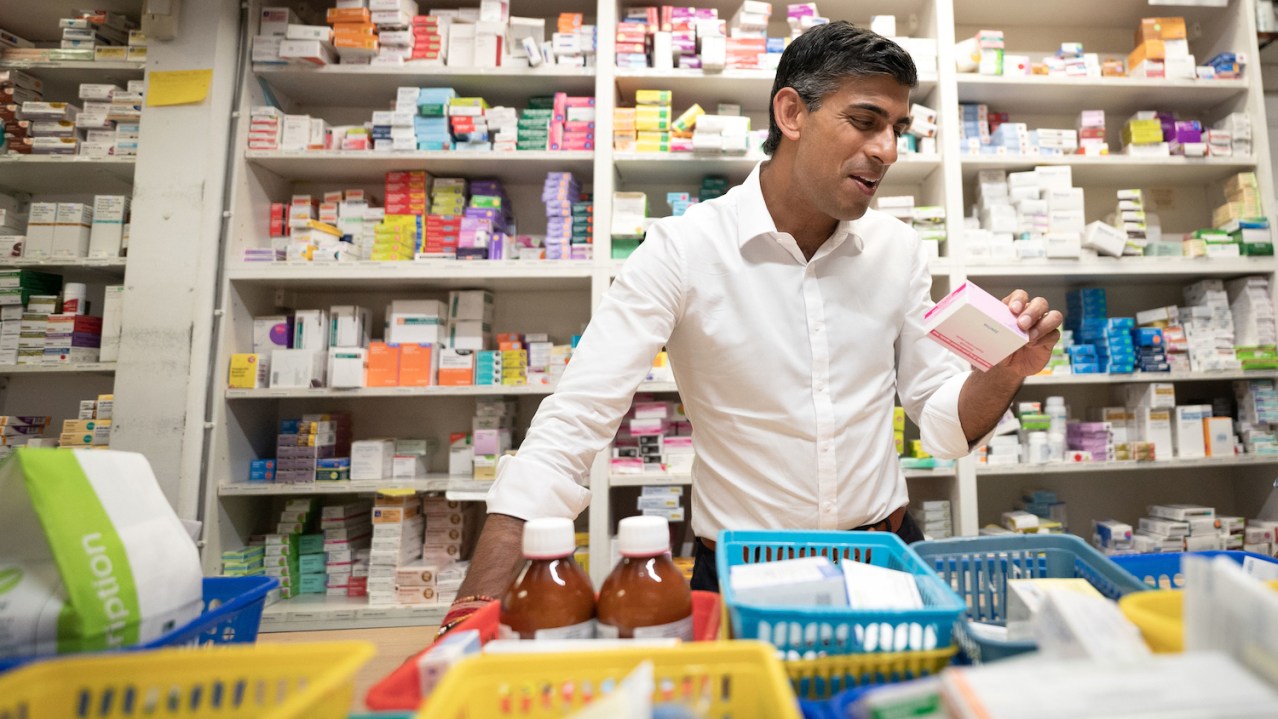The 8 a.m. rush for a GP appointment is one of the emblematic problems the NHS is facing. It’s something both Keir Starmer and Rishi Sunak like to talk about: the former because he wants to emphasise that he is more in touch than the Prime Minister, who admitted to using private healthcare for his family, while Sunak wants to remind people that his mother owned a pharmacy in Southampton. Sunak is in that city today to launch reforms which he says will make it easier for patients to get the treatment they need – and make that 8 a.m. rush a great deal calmer.
Pharmacy First is already a policy in Scotland and is thought to have worked well
Health Secretary Steve Barclay is unveiling the Primary Care Recovery Plan, which will involve training pharmacists to prescribe antibiotics and other common treatments for low-level conditions, and upgrading GP phone systems so patients aren’t stuck with an engaged tone when they phone. Some of this is long overdue and has already been announced; the upgrades to phone booking systems have been on the way since 2016. The pharmacy policy is one that my colleague, Lucy Dunn, suggested here and which Sunak said he took inspiration from in his interview with The Spectator last Christmas.
Pharmacy First is already a policy in Scotland and is thought to have worked well. That said, the political interest hasn’t done much to reverse the trend of pharmacies closing over the past few years, in part because of tighter NHS funding. The pharmacy sector is largely enthusiastic about its members being given more power and today’s announcement includes a £645 million cash boost for community pharmacies.
The hope is that these pharmacy reforms could free up ten million GP appointments a year – out of 340 million. Speak to a GP, however, and they’ll tell you that the only way to make it easier for patients to see a doctor would be to overhaul recruitment and fix the retention crisis. We are promised a workforce plan ‘soon’ as part of the government’s efforts to help the health service recover from the pandemic. Given it takes the best part of a decade to train a GP, it will be easier for the government to resolve the retention problems than the longer-term recruitment issues. And given that getting the NHS back on its feet is one of Sunak’s five priorities, he will be particularly interested in anything that offers him a short-term reward.








Comments